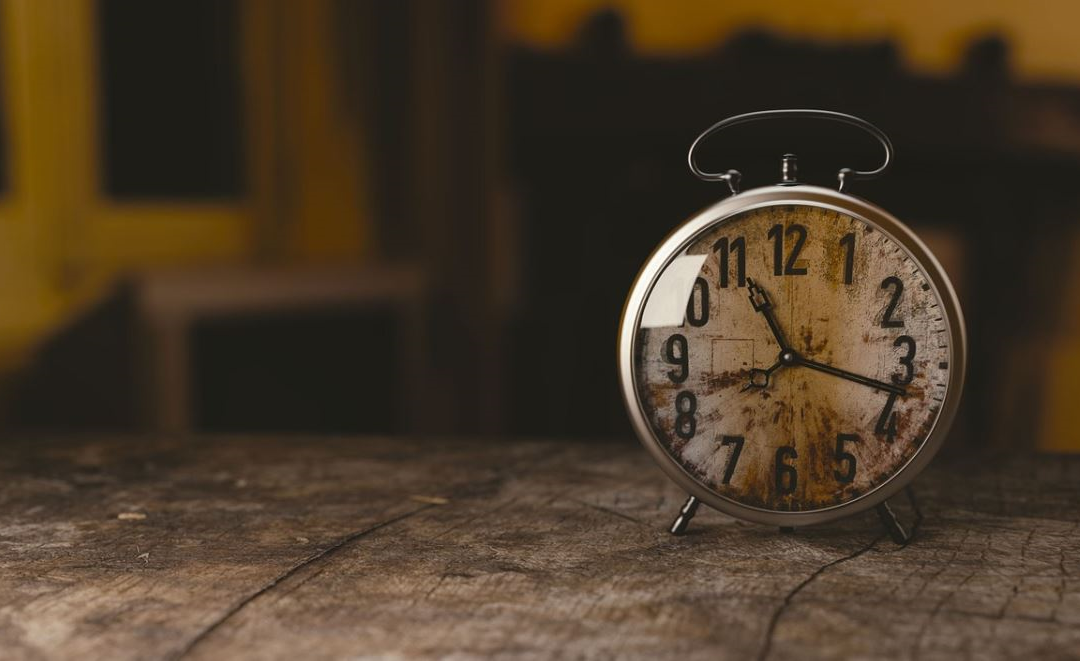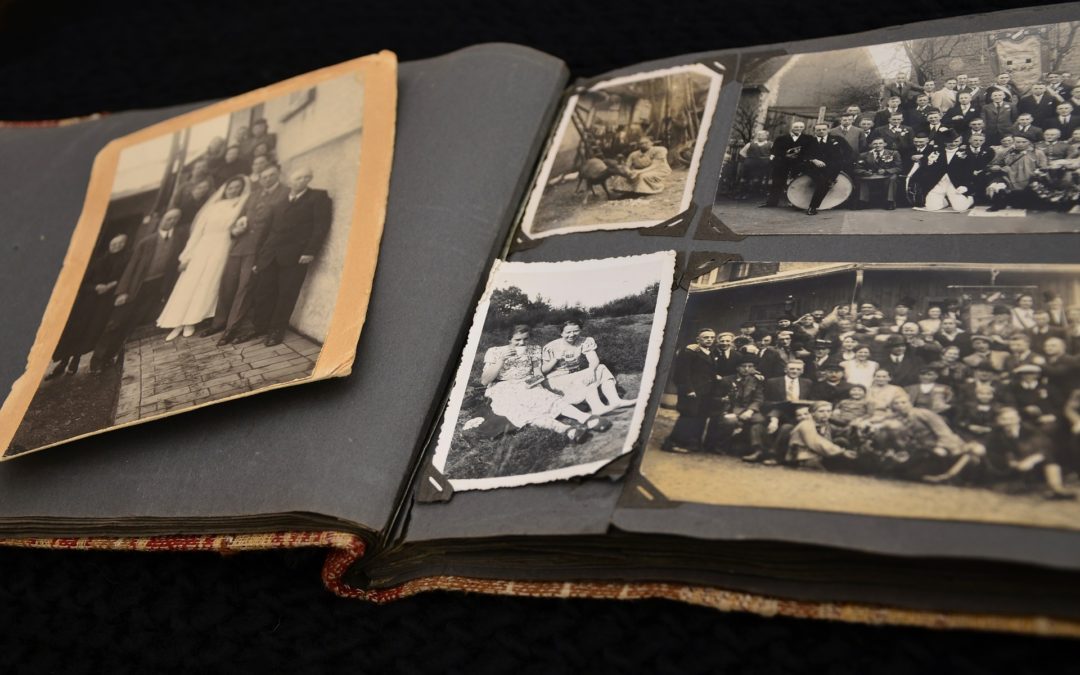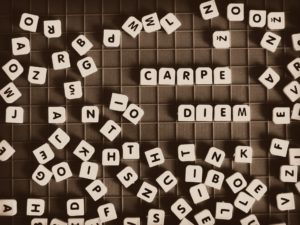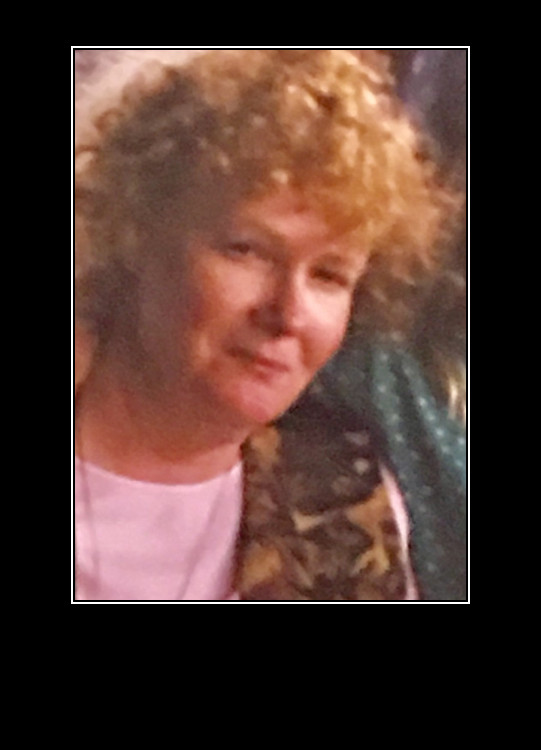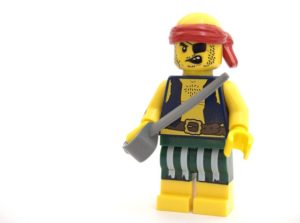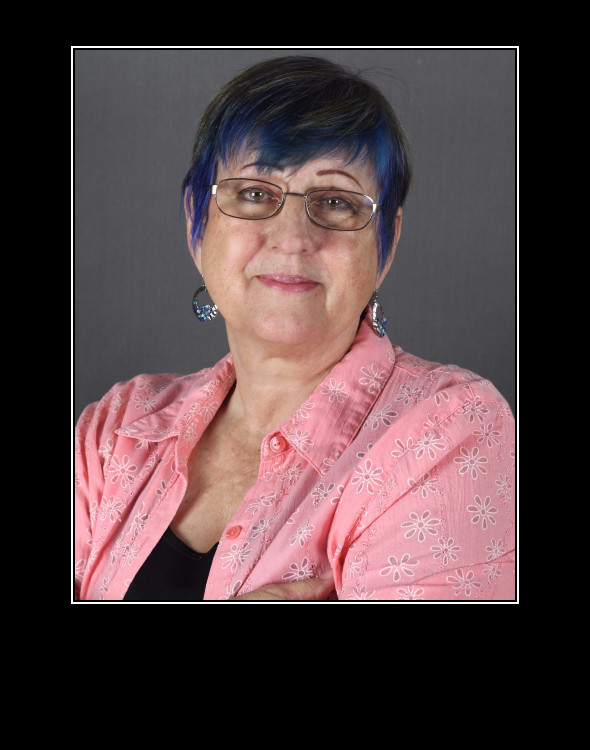
The High Dive
I think I was around twelve when I decided that doing a backflip off the high dive would conquer my fear of leaping from the platform. Such a tactic was new for me as I am not impetuous and tend to shirk confrontation, but off the edge I leapt. It was hours before the red rash faded from my body, and my head stopped aching from the impact.
Seven years ago, when I got back into writing, I jumped from the platform once again when I sent my very first submission to Coastal Living Magazine. I’m sure this essay, like my backflip, was all over the place. Although I was unable to locate the exact number of subscribers to Coastal Living, one can only imagine, so who I thought I was and what on earth I thought I was doing has yet to be determined. Needless to say, I never heard a word back. For that, I am grateful. At least there was compassion in that silence.
However, today is the day I make my way back up to the high dive platform. I’m submitting a piece to one of the big boys. I’m in the final stages of editing; my knees are shaky, and I’m trying not to look down as I climb the ladder. Is this piece smart enough, snarky enough, clever enough? I question myself daily, far more often than with anything else I’ve ever written. Is it really good, or am I lost in that writer’s glow where I think I’ve actually written something respectable only to punch the submit key, wake up, and find that my beloved essay, sweat of my brow, instigator of nightmares, has morphed into dreck on paper.
I find myself backing down the ladder several times as I second guess myself, and my red pen is running out of ink. I’m not expecting much here. Publication would be beyond my wildest dreams. I’m thinking more along the lines of feeling worthy. Feeling worthy would be good enough for me.
